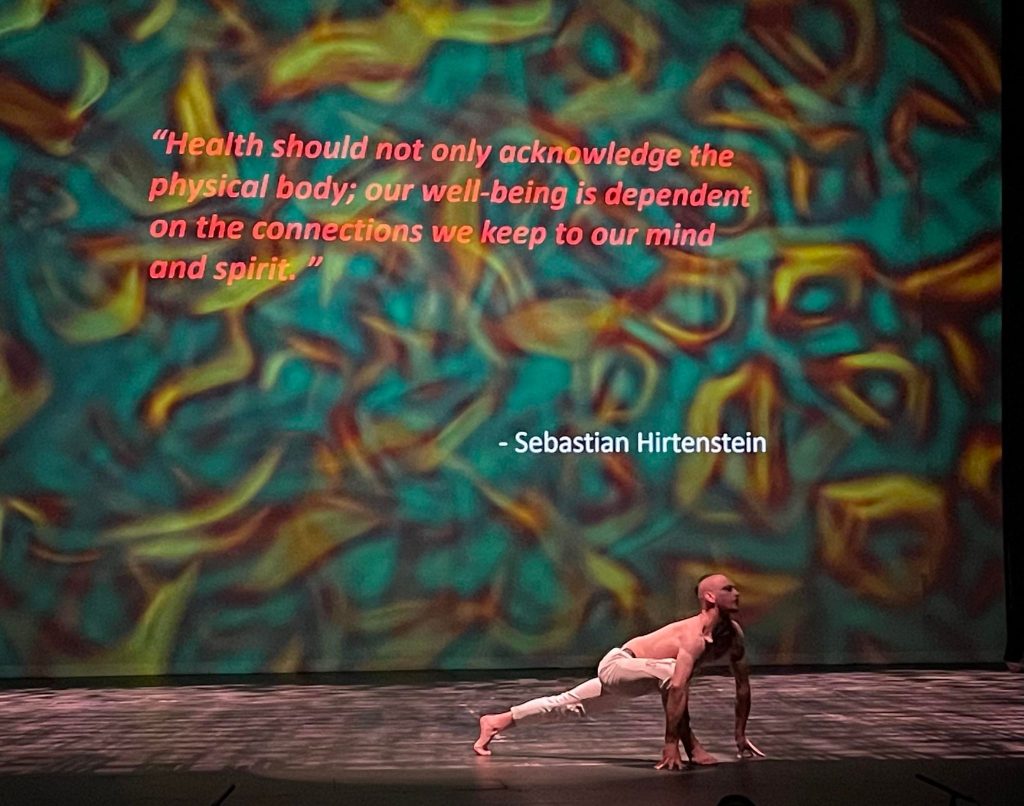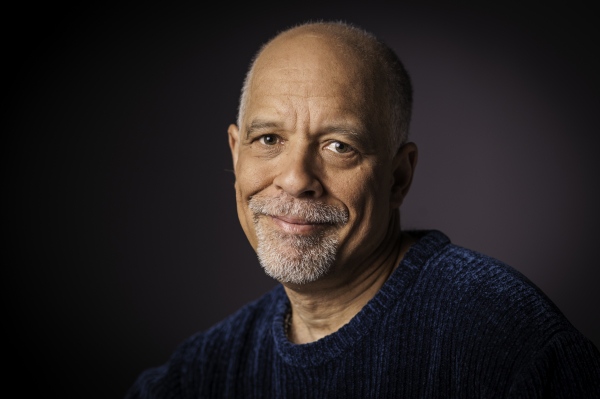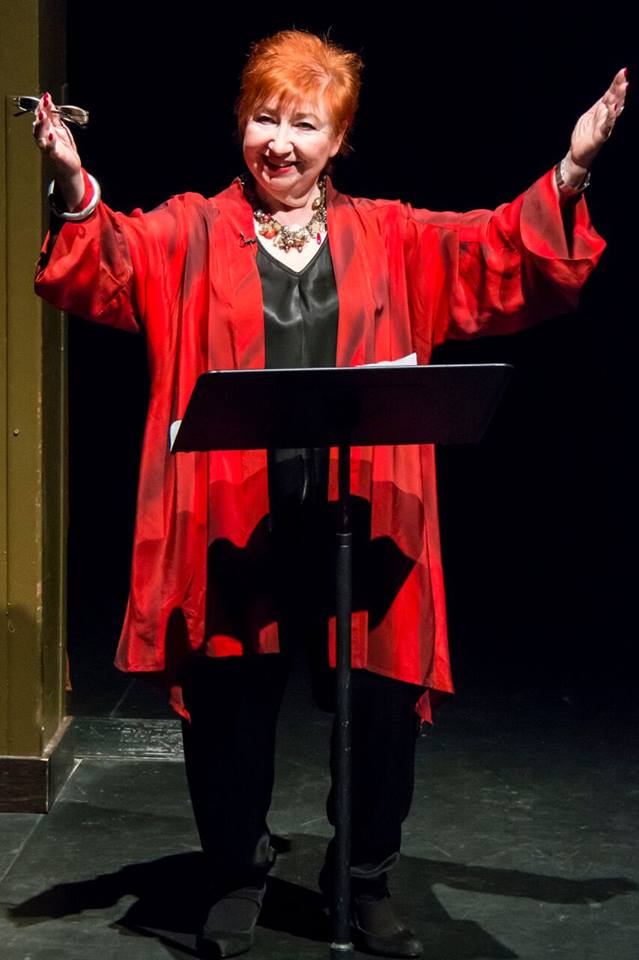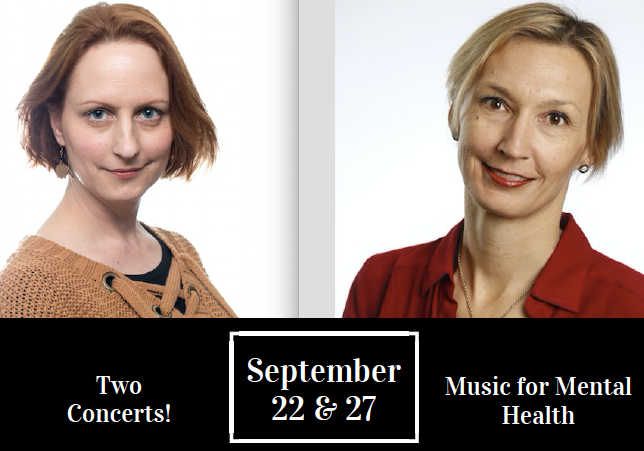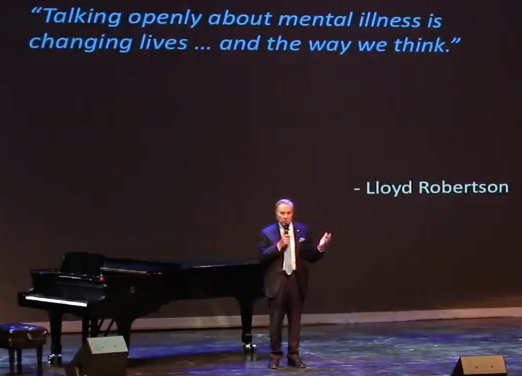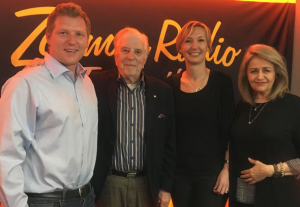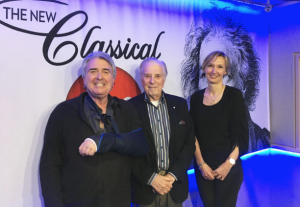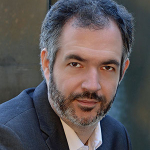A Q&A Coffee Chat with “Bash” Hirtenstein
By Alaha Husseinzadah, PR Coordinator
Sebastian “Bash” Hirtenstein is a young dancer passionate about animism and Indigenous rights. He has performed with many choreographers and companies such as BoucharDanse, Micheal Cladwell and the Canadian Opera Company. He has also been on stage with many notable musicians including Ariana Grande, Jason Derulo and Bebe Rexha.
Sebastian’s smashing performance at the High Notes Avante (HNA) November 18th 2021 Concert for Mental Health won the hearts of many audience members. His performance is included in HNA’s Concert of Hope on January 24th, 2022.
I joined Sebastian over Vietnamese coffee recently to talk about his performance, his thoughts on mental health, his work with the Indigenous community and charities like HNA.
Alaha: Your performance in the Concert of Hope is called “Son of the Wolf”. Do you want to talk about the title’s significance?
Sebastian: The dance actually references my mother whose name is Ylva Kristina and Ylva means “She Wolf” in Old Norse, the language of my Swedish ancestors. And the song that I danced to Tròdlabùndin was by Faroese singer-songwriter Eivør Pálsdóttir’s. I chose this song because the movement that I embodied aims to connect to an animistic essence; in the dance, I aimed to embody the essence of the wolf.
Alaha: Is there also a mental health element to the dance specifically for the concert?
Sebastian: When we think about this idea of mental health and we think about the different ailments that befall the mind, I think it all comes back to this idea of a mind-body-spirit balance.
I think the connection to our mind-body-spirit existence can begin by connecting to one’s roots; I think that many, many people would have far less issues with their mental health if they found a sense of belonging.
By reconnecting with our roots, we create identities and foundations to build upon. In this quest, it’s a powerful daily practice; to know that I can treat my body by acknowledging and connecting to my spirit.
Alaha: That’s quite insightful. A more general question: this is your second performance for HNA, so how did you hear about and get involved with the mental health charity?
Sebastian: Ingrid [HNA’s founder] and my mother were actually both part of the {Swedish Women’s Educational Association (SWEA)} and I met Ingrid through her. Ingrid and I connected, and I created my first choreographed work for the 2014 High Notes Gala. The piece was “SOON…Decide” an analysis on suicidal thought process, which I found to be a very interesting topic to manifest into movement.
Alaha: Is that part of your mental health story?
Sebastian: Yes, it has been prevalent in my family; my father and my grandfather unfortunately succumbed to it.
Alaha: I’m so sorry to hear that.
Sebastian: Thank you.
I’ve always considered mental health to be something that is very, very important to always discuss, regardless of our upbringing or background.
I find that the acknowledgement of mental health / vulnerability are not particularly encouraged among cisgender and heterosexual males; we’re often told to sweep our mental health issues under the rug.
Alaha: That’s definitely a very prevalent issue and the associated stigma for men can be incredibly toxic. How does dance affect your own mental health and what do you love most about dance?
Sebastian: First and foremost, we move our bodies when we dance. There’s always a guaranteed mood change when moving the body, even if I’m not having the greatest day. I would say that I’ve maintained my mental health because of the state of my body; I’m incredibly blessed to have my instrument.
Any physical practice can benefit the mind; it echoes (again) what I said earlier about our mind-body-spirit balance. They all affect each other in some way, and dance nourishes the body and enlightens our lives. I very much believe that our bodies are our temples.
Alaha: What do you imagine your life would be like if you weren’t a dancer?
Sebastian: Dance and performance have always been a part of my life… I’ve always had an impulse to move, I can’t imagine my life without it. It’s a part of who I am.
Alaha: How did it all start for you? Have you always wanted to be a dancer?
Sebastian: My mother will always tell everyone that I’ve always been performing from a young age. I think I stepped into my first dance class when I was maybe 11 or 12, and the rest is history.
Going from grade school to high school, it was always something that was a part of my life… When I was about 15 or 16, I had my first audition: a theatre production in downtown Toronto at a studio called O.I.P; it was the hottest dance studio in Toronto in the late 2000s.
Dance wasn’t a priority for me until I was about 19. I spent one year at university, but I took more dance classes than I had actual classes.
Eventually, I discussed it with my mom, and I moved to Toronto, waited tables, trained as much as I could… In 2013, I discovered my school: The School of Toronto Dance Theatre. I trained there for three and a half years, 40 hours a week of modern and contemporary dance, and was hired immediately out of graduation… it was an amazing experience.
Alaha: What are your plans for this year in terms of your dance projects?
Sebastian: In January, I will be visiting Lac La Croix First Nation, an Indigenous reserve about 5 hours west of Thunder Bay. I will be teaching dance to Indigenous youth through Outside Looking In, and help them create a dance piece that they will perform in Toronto in May 2022.
Alaha: Do you want to talk a little more about your work with the indigenous community? How did you first get involved with them?
Sebastian: I started working with the community when I first worked with Red Sky Performance around 2017 to 2018.
During the summer of 2019, I auditioned for Barbara Kaneratonni Diabo, a Montreal-based choreographer from the Mohawk nation of Kahnawake; her production is called Sky Dancers, an incredible full-length work commemorating the Mohawk iron workers. I’ve also worked with Santee Smith (who is from Six Nations) on her piece Skén:nen.
It has been an incredible journey working with the Indigenous community, and it’s amazing to see how interconnected they are.
Alaha: Any other projects that you feel are worth mentioning?
Sebastian: I’ve worked with choreographers and companies such as the Canadian Opera Company, Anisa Tejpar, Jennifer Nichols, Little Pear Garden Dance Company, Rodney Diverlus, Emilio Collalilo, Kylie Thompson, KasheDance… Of course, there’s also HNA.
It’s great to work with charities like HNA because there are many that are connected to the creative and artistic industries; they help everyday artists. Within not-for-profits, there’s a lot of very important discussions that take place, especially at HNA in regards to things as vital as mental health.
Alaha: That’s some great work you’re doing, Sebastian. I am so excited to see your performance in the Concert of Hope.
Catch Sebastian “Bash” Hirtenstein’s performance virtually this Monday, January 24th 2022 at 8 pm (EST) at the High Notes Avante (HNA) second annual Concert of Hope.
The Concert of Hope also features many other notable artists including singer/songwriter Lily Frost, Grammy award winning singer/songwriter Dan Hill, the Juno-awarded Amici Chamber Ensemble, multiple Native American Music Award nominee Marcia Chum-Gibbons and many others. It is hosted by Luba Goy.
About High Notes Avante
High Notes Avante is a registered charity that uses artistic expression to raise the image of mental illness, inspire, connect and give hope to those touched by mental illness.
We aim to relieve conditions associated with mental illness by offering art productions directed towards reducing loneliness and isolation, and mental illness’ associated stigma.
We also aim to promote mental health by providing information from mental health professionals and testimonials from artists, well-known personalities and others who suffer or have suffered from mental illness.
